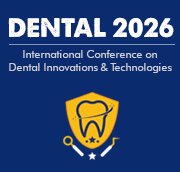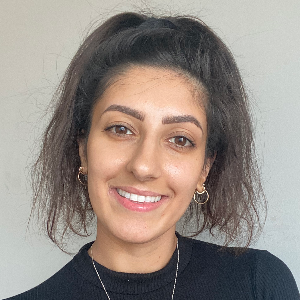Title : Trigeminal nerve injury post lower third molar extraction
Abstract:
Inferior alveolar nerve (IAN) and/or lingual nerve damage is a known complication of oral surgery procedures, particularly associated with lower third molar extractions.1 This can have an effect on quality of life and orofacial function.2,3 Currently, no formal universal guidelines regarding the management of iatrogenic trigeminal nerve injury (TNI), exists.3 Based on the available evidence, a local protocol was implemented in our Oral and Maxillofacial Surgery (OMFS) department at Musgrove Park Hospital (MPH) in May 2021, regarding management of iatrogenic TNI (Appendix 1, 2). The aim of this audit was to assess the incidence of TNI following lower third molar extraction in the OMFS Department at MPH and to assess compliance with our local TNI management protocol and completion of our assessment proforma prior to initiating protocol. Data was assessed across an 18-month period from June 2021 until January 2023 and was obtained from our online Morbidity and Mortality reporting system, including detailed insight into pre-operative, intra-operative and post-operative assessment. All lower wisdom teeth extractions carried out at MPH under local anaesthetic and general anaesthetic, were included. Twelve cases of TNI were reported within this timeframe, of which five involved injury to the lingual nerve, three involved injury to the IAN and four had both IAN and lingual nerve injury. Two of the twelve cases had TNI bilaterally. In addition to dysaesthesia, one patient also had loss of taste and three experienced intermittent pain. Surgical approach mainly involved raising a mucoperiosteal flap, bone removal and sectioning of the teeth. Of the twelve cases, two had only a relieving incision and simple elevation of tooth. There was no documentation of lingual nerve protection in eight cases. Most patients improved within 2-months post-operatively, however, little or no improvement was shown in one case, which ultimately required microscopic decompression of the right lingual and IAN and steroid injection. There was generally very good compliance with the local treatment protocol and pharmacological management documented. However, in three cases, omeprazole was not prescribed alongside ibuprofen and one was not advised vitamin B complex. Only in three cases was the nerve injury assessment proforma completed prior to initiating treatment protocol. Unfortunately, we could not calculate our own departmental incidence of TNI due to our coding system not being able to filter out specifically the number of lower wisdom teeth extractions we had done. In conclusion, good record keeping and the use of departmental proformas when assessing TNI will be monitored. In addition, we are standardising consent forms to ensure that all clinicians are consenting patients to the same standards and that patients are informed about all the potential risks involved regarding oral surgery procedures.
Audience Take Away:
- This presentation highlights important aspects of the assessment, treatment and post-operative management of iatrogenic trigeminal nerve injury cases. As this complication can affect the quality of life of patients, adequate care must be taken to minimise risk of TNI during surgery and instituting prompt management in the event of nerve injury.
- We discuss the current evidence regarding the management of iatrogenic nerve injury and hope other institutions can implement a similar assessment proforma and management protocol for TNI (Appendix 1, 2).
- Contemporaneous record keeping is essential to ensure guidelines have been followed and also for medicolegal implications
- We encourage standardising consent forms to ensure that all clinicians are consenting patients to the same standards and that patients are informed about all of the potential risks involved regarding oral surgery procedures.
- Finally, audit practice as part of clinical governance, in providing high quality patient case based on the best available evidence, is reinforced in this project, as well as ensuring wider team involvement.



